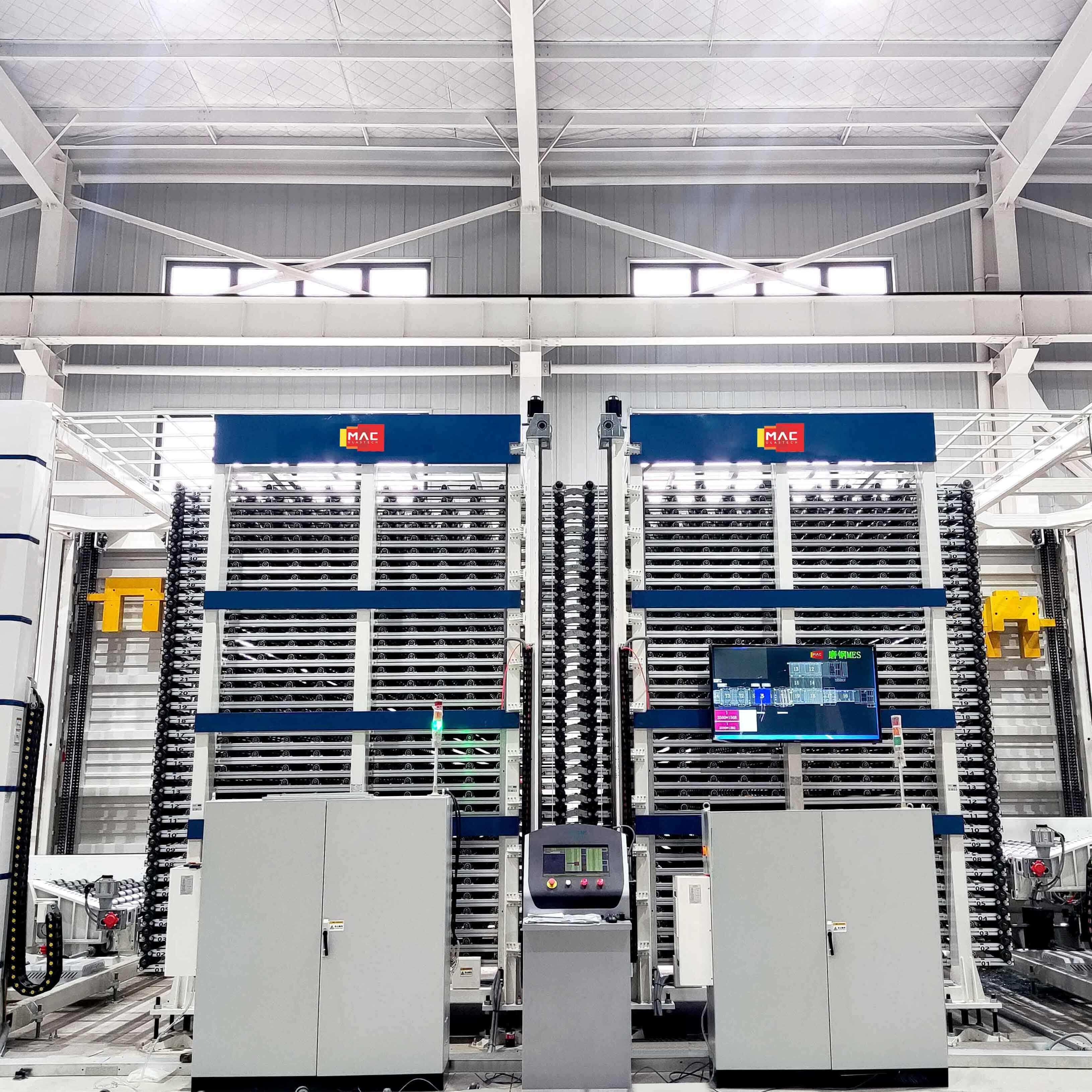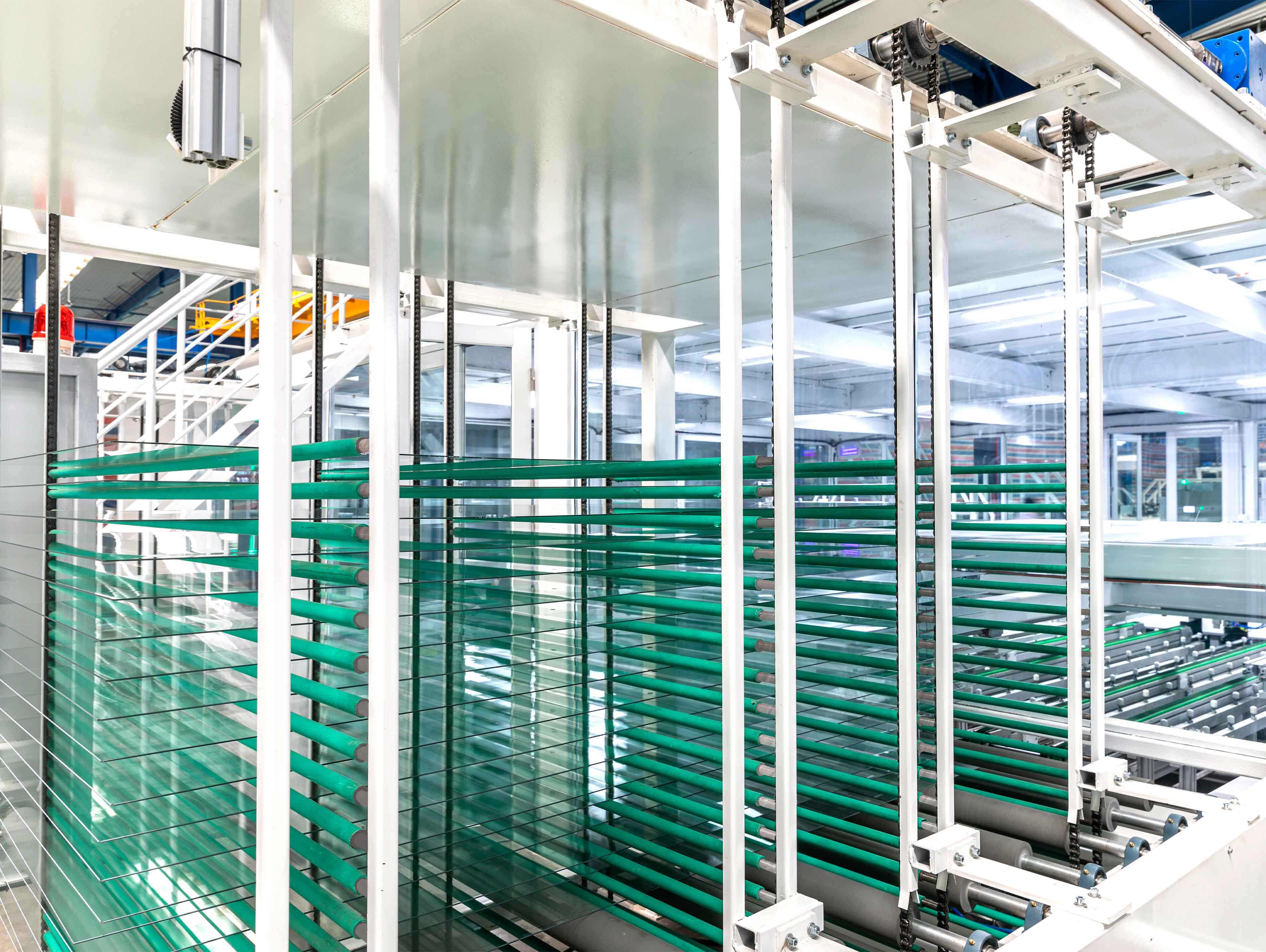The Evolution of Advanced Glass Sorting Technology
The landscape of glass recycling and processing is undergoing a remarkable transformation through intelligent glass sorting systems. These sophisticated technologies are revolutionizing how we handle, sort, and recycle glass materials across various industries. As environmental concerns grow and sustainability becomes paramount, the role of automated glass sorting solutions has become increasingly critical in meeting modern recycling demands.
Modern intelligent glass sorting systems employ cutting-edge sensors, artificial intelligence, and machine learning algorithms to achieve unprecedented accuracy and efficiency in separating different types of glass materials. This technological advancement represents a significant leap forward from traditional manual sorting methods, offering both environmental and economic benefits to businesses and communities alike.
Core Technologies Driving Modern Glass Sorting
Advanced Optical Recognition Systems
At the heart of intelligent glass sorting systems lies sophisticated optical recognition technology. These systems utilize high-resolution cameras and specialized sensors that can identify different glass types based on their unique optical properties. The technology can distinguish between clear, green, brown, and other colored glass varieties with remarkable precision, even at high processing speeds.
Modern optical systems also incorporate near-infrared (NIR) spectroscopy, enabling the detection of subtle material differences that might be invisible to the human eye. This level of sophistication ensures that contaminated or non-recyclable glass materials are efficiently removed from the sorting stream, maintaining the purity of the recycled product.
Artificial Intelligence and Machine Learning Integration
Artificial intelligence has become a game-changer in intelligent glass sorting systems. Machine learning algorithms continuously analyze vast amounts of data to improve sorting accuracy and adapt to new material variations. These systems learn from each sorting operation, becoming increasingly efficient at identifying and categorizing different glass types and potential contaminants.
The integration of AI also enables predictive maintenance capabilities, helping facilities optimize their operations and minimize downtime. By monitoring system performance and identifying potential issues before they become critical, these intelligent systems maintain consistent sorting quality while reducing operational costs.
Emerging Innovations in Glass Sorting Technology
Smart Material Recognition
The latest developments in intelligent glass sorting systems include enhanced material recognition capabilities that go beyond basic color sorting. These advanced systems can now detect and separate glass based on chemical composition, thickness, and even specific coating types. This granular level of sorting enables higher quality recycled materials and expands the potential applications for recovered glass.
Smart recognition systems also incorporate real-time quality control measures, ensuring that sorted materials meet increasingly stringent industry standards. This technology enables facilities to adjust sorting parameters on the fly, responding to variations in input material quality and specific customer requirements.
IoT Integration and Connected Systems
Internet of Things (IoT) connectivity is transforming intelligent glass sorting systems into fully integrated components of smart factories. Connected sensors and devices share data across the entire processing line, enabling seamless coordination between different sorting stages and optimizing overall plant efficiency.
This interconnectedness also facilitates remote monitoring and management capabilities, allowing operators to oversee multiple sorting lines from centralized control centers. The resulting operational flexibility and reduced labor requirements contribute to significant cost savings while maintaining high processing standards.
Sustainability and Economic Impact
Environmental Benefits
Intelligent glass sorting systems play a crucial role in advancing sustainable practices within the recycling industry. By improving sorting accuracy and reducing contamination, these systems help maximize the amount of glass that can be effectively recycled. This efficiency translates into reduced landfill waste and lower energy consumption in glass production.
The environmental impact extends beyond waste reduction, as properly sorted glass requires less energy to process and results in higher quality recycled products. This efficiency contributes to a more circular economy and helps meet increasingly stringent environmental regulations.
Economic Advantages
The implementation of intelligent glass sorting systems offers compelling economic benefits for recycling facilities and glass manufacturers. While the initial investment may be significant, the long-term cost savings through increased automation, reduced labor requirements, and improved material quality provide a strong return on investment.
These systems also enable facilities to process larger volumes of material more efficiently, creating new revenue opportunities through increased throughput and higher-value sorted products. The ability to consistently produce high-quality sorted glass makes these facilities more competitive in the global recycling market.

Future Directions and Trends
Enhanced Automation Capabilities
The future of intelligent glass sorting systems points toward even greater automation and system intelligence. Advanced robotics and improved AI algorithms will enable more sophisticated sorting operations with minimal human intervention. These developments will further increase processing efficiency while reducing operational costs.
Upcoming innovations include self-optimizing systems that can automatically adjust sorting parameters based on input material characteristics and desired output specifications. This level of automation will help facilities maintain consistent quality while adapting to changing market demands.
Integration with Digital Manufacturing
As Industry 4.0 continues to evolve, intelligent glass sorting systems will become more deeply integrated with digital manufacturing processes. This integration will enable seamless communication between sorting facilities and glass manufacturers, optimizing the entire supply chain from waste collection to new product creation.
The development of digital twins and advanced simulation capabilities will allow operators to optimize sorting processes virtually before implementing changes in the physical system. This capability will reduce setup times and minimize the risk of operational disruptions.
Frequently Asked Questions
How do intelligent glass sorting systems identify different types of glass?
Intelligent glass sorting systems use a combination of optical sensors, near-infrared spectroscopy, and artificial intelligence to identify different glass types. These technologies analyze the material's color, chemical composition, and physical properties to accurately sort various glass materials at high speeds.
What are the main benefits of implementing intelligent glass sorting systems?
The primary benefits include increased sorting accuracy, higher throughput capacity, reduced labor costs, improved product quality, and better compliance with environmental regulations. These systems also contribute to sustainability goals by maximizing glass recycling rates and reducing waste.
How will intelligent glass sorting systems evolve in the coming years?
Future developments will focus on enhanced AI capabilities, greater automation, improved sensor technology, and deeper integration with smart manufacturing systems. These advancements will lead to more efficient, accurate, and cost-effective glass sorting operations.
 EN
EN
 AR
AR
 BG
BG
 HR
HR
 CS
CS
 DA
DA
 NL
NL
 FI
FI
 FR
FR
 DE
DE
 EL
EL
 HI
HI
 IT
IT
 JA
JA
 KO
KO
 PL
PL
 PT
PT
 RO
RO
 RU
RU
 ES
ES
 SV
SV
 TL
TL
 IW
IW
 LV
LV
 LT
LT
 SK
SK
 SL
SL
 UK
UK
 VI
VI
 ET
ET
 HU
HU
 MT
MT
 TH
TH
 TR
TR
 FA
FA
 MS
MS
 SW
SW
 GA
GA
 AZ
AZ
